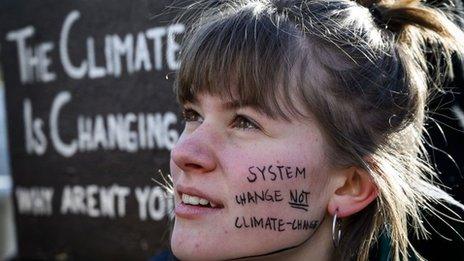Climate change: How to be more eco-friendly in everyday life
- Published
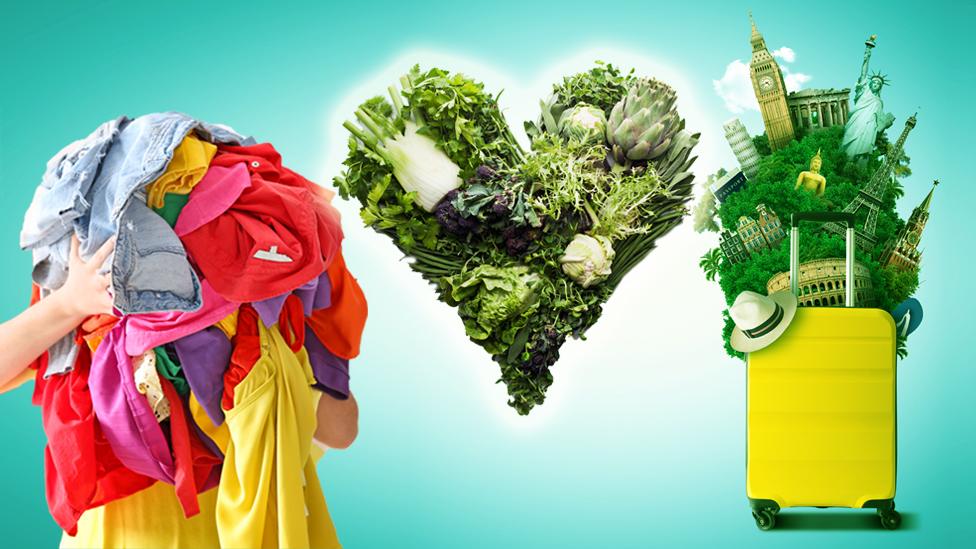
We've been hearing so much about climate change recently, and the facts don't look good.
The evidence shows that, thanks to human activity, global temperatures are rising at a level which is no longer sustainable for the environment to survive.
A landmark report by UN scientists has been described as a "code red for humanity", as it details grim realities such as rising sea levels, and more intense and frequent heatwaves.
A recent survey - which included over half a million 14 to 18 year olds - suggests people are in favour of policy changes to boost renewable power and sustainable jobs.
But on an everyday level, what can we actually do? How can we make a difference when it seems like everything has a bad impact on the climate?
Radio 1 Newsbeat has been chatting to sustainable bloggers for tips on easy changes we can make to help reduce our impact.
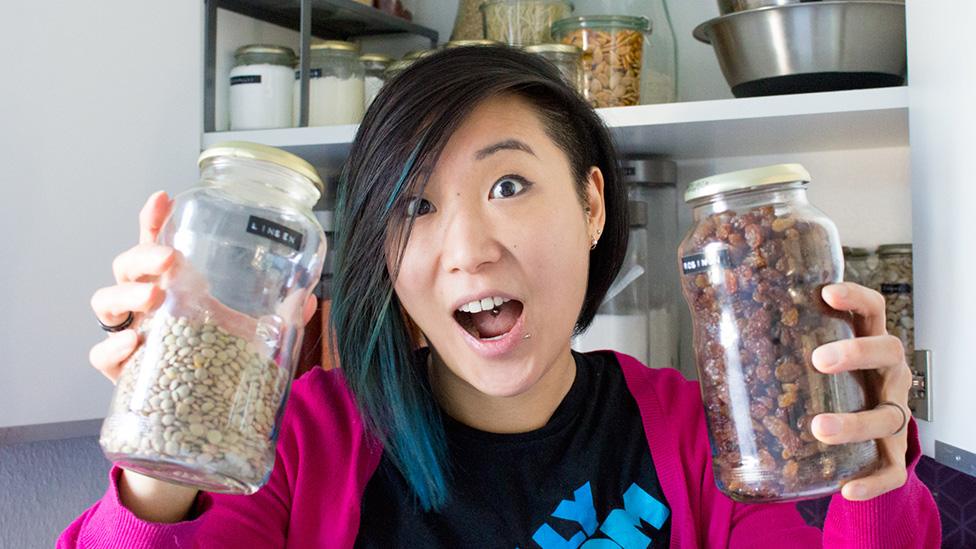
Shia Su - AKA the Wasteland Rebel
The first is not to beat yourself up if you forget your bag for life or your reusable cup - it will probably just add to your eco-anxiety.
"I never had the notion that I had to be perfect," says Shia Su from zero-waste blog Wasteland Rebel.
"I had no intention of going zero-waste. I read about it and I just thought it was cuckoo and unrealistic," she says.
But one day she decided to take a jar to her local coffee shop instead of asking for a takeaway one - and she grew greener from there.
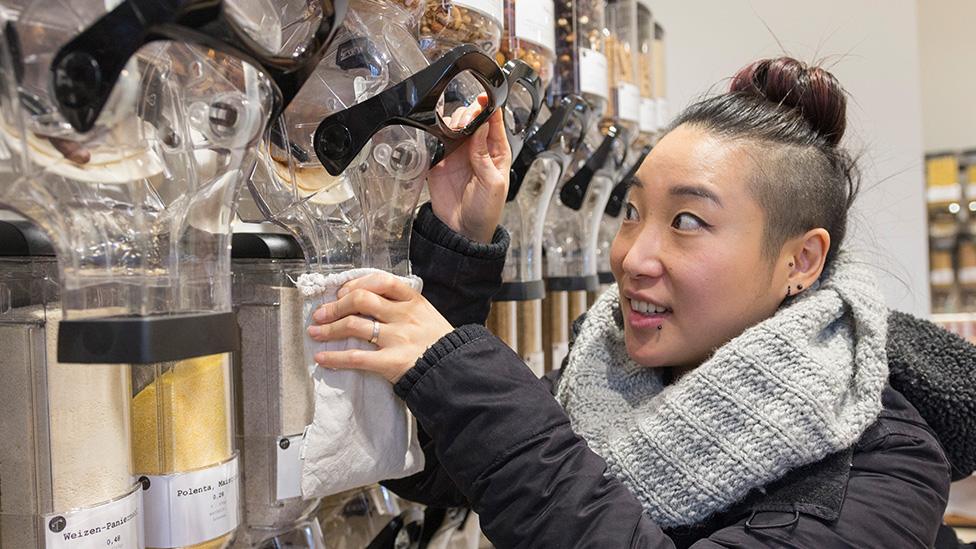
So how did Shia get to the point where she now says she can fit her entire year's waste into a litre-sized jar?
Her second tip - shared by most of the bloggers we spoke to - is about turning your good intentions into good habits.
Do whatever you can, and after a while it will become a habit," she says.
"Normally, when you leave the house you grab your phone, you grab your wallet, you grab your keys.
"After a while you'll grab your bottle, your food container and then you're good to go - it will become a habit."
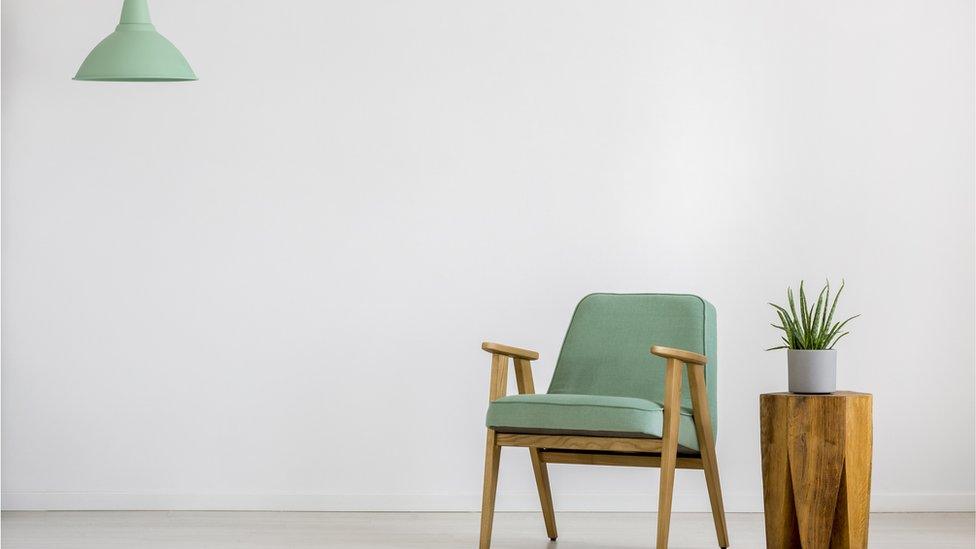
Keep it minimal
And the third tip that all our bloggers share is probably the one which involves the biggest change.
It's about living a minimal lifestyle - cutting out needless buys.
"Living a sustainable lifestyle is about consuming less in general," Shia says. "I only buy a new piece of clothing if another one needs replacing."
Shia says it's not as hard as it sounds: "A lot of things have already been done - we're just going back to them.
"Ask your grandparents, they can teach you a lot about how to not create trash.
"It's a really nice bonding experience as well. I think it makes them smile when I get out my hanky to blow my nose [instead of a disposable tissue]."
What else can I do to help me live a greener life?
We got other eco-bloggers and Instagrammers to give us their top tips on different areas of life.
Fashion
Tolmeia Gregory blogs about ethical fashion under the name TollyDollyPosh.
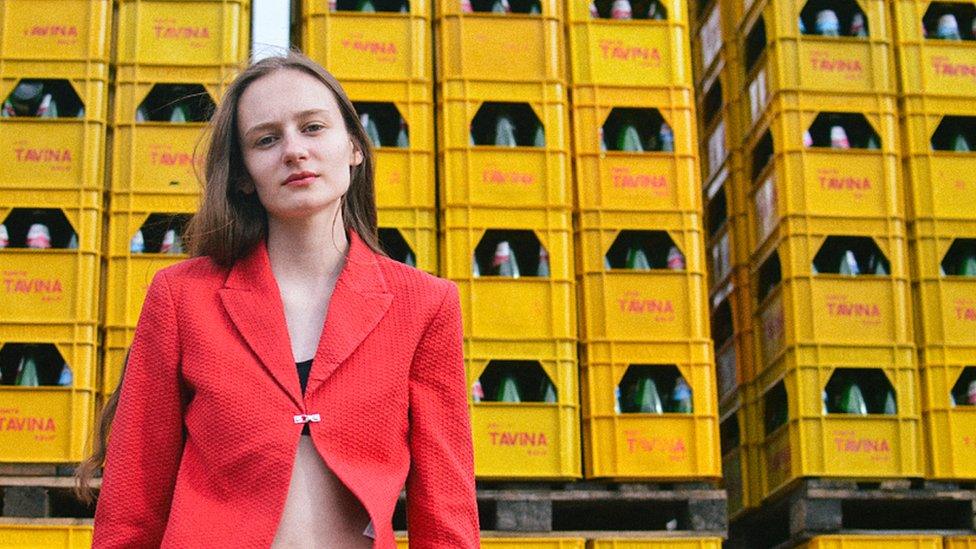
Tolmeia Gregory
Go vintage: "Do things like shopping second-hand and vintage, going to your local charity shop. You can also buy on sites like eBay and Depop."
Buy less: "If you can, just not shopping at all is a really great way to do it. Embracing what you already own and what's already in your wardrobe. There's a great phrase you hear a lot: 'Loved clothes last'".
Look for eco-friendly materials: "Look out for more natural fibres - go for cotton over polyester. Not only do they feel a lot nicer when you wear them, but don't contain things like microfibres that go into our water and into marine life when we wash our clothes."
Learn to DIY: "It doesn't take much to learn how to hand-sew and stitch up a hole. Or if you have a pair of ripped jeans that are becoming a bit too ripped, you could always cut them and keep them as shorts."
Food
Immy Lucas is a blogger and YouTuber who goes under the name Sustainably Vegan.
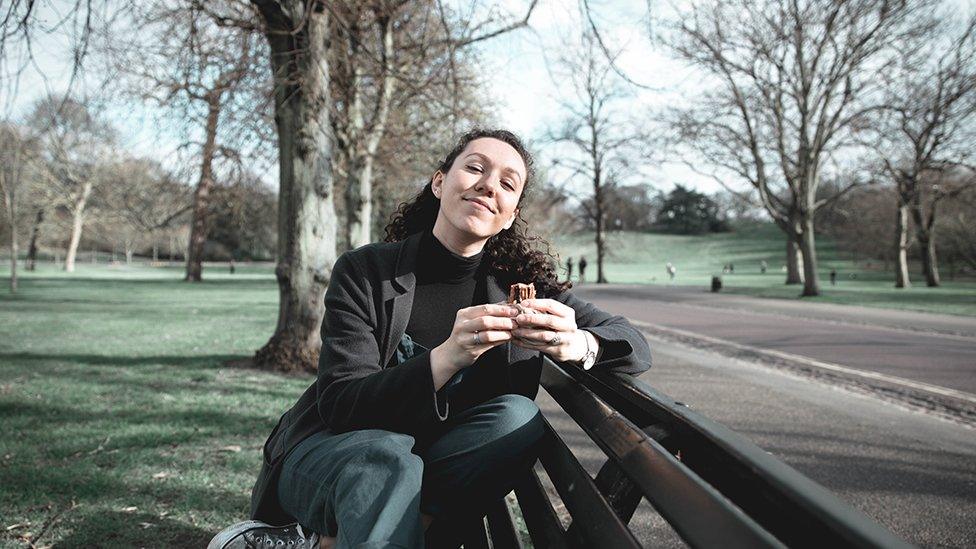
Immy Lucas
Consider a more plant-based diet: "I don't think everyone has to go vegan to make a huge change. The more realistic thing is for the majority of people cutting down meat consumption to a couple of days a week."
Eat as locally as possible: "If you're eating soy beans that are shipped from China or bananas that have been shipped from Colombia, that's not as sustainable as if you're eating apples grown in Kent. If you support your local farmers' market, you're also supporting more low-scale food agriculture which tends to be more kind to the Earth."
Eat as seasonally as possible: "If you're eating tomatoes from the UK that aren't in season, then you know they've been grown in some huge greenhouse that uses a massive amount of resources to basically fake the weather. So you're using a massive amount of heat energy to grow the tomatoes out of season."
Think about packaging: "There are zero-waste shops where you buy unpackaged food. But you can also go to the supermarket, and make better choices by buying unpackaged fruit and vegetables, or opting for cans and cardboard that are widely recycled instead of plastic. So there are better choices that you can make in regular shops."
Beauty
Nicole Whittle - AKA VeganBeautyGirl - blogs about living a vegan life.
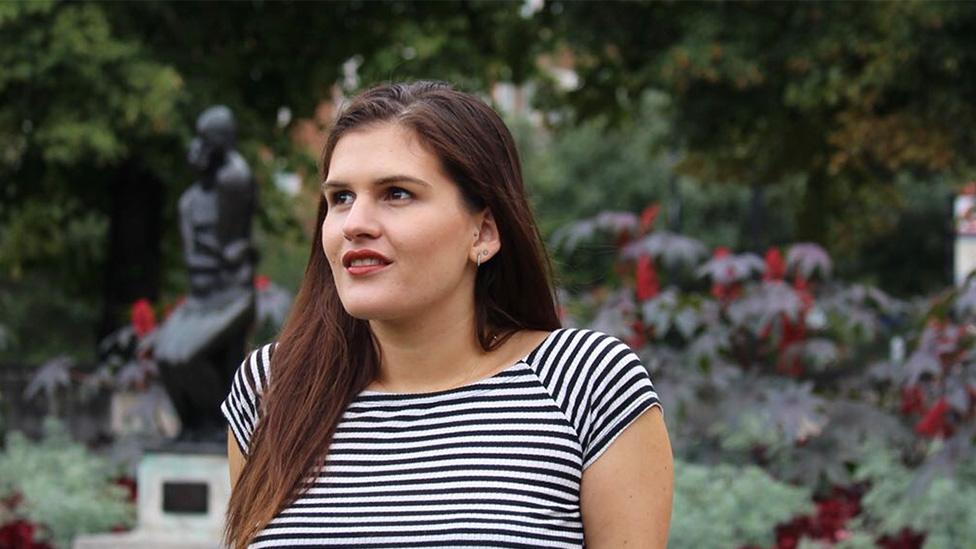
Nicole Whittle
Ditch the face wipes: "Just use a good old flannel like your nan's got in her bathroom, and a nice oil-based cleanser to help break down make-up at the end of the day. If you've got a baby and you need that on-the-go reliability, then you can find biodegradable wipes."
Buy package-free: "You can get shampoo, conditioner and body wash bars - they might cost a bit more but they last much longer. So the cost-per-use is a lot lower."
Think about your menstrual products: "Tampons and pads are single-use items, and not everyone disposes of them properly. The big change you can make is going to a menstrual cup, which is a silicone cup that catches all the blood and can be reused each month - they're not as scary as they sound. There's also menstrual underwear these days which is a lot more sustainable."
Big brands can also be eco-friendly: "A lot of the big beauty brands are really taking inspiration from the vegan environmental movement. It's great to see these changes happening. It's taken them a while but these brands have seen that there's future in these sorts of products."
Travel
Florine Hofmann runs The Wasted Blog, where she tries to find eco-friendly alternatives to everyday habits.
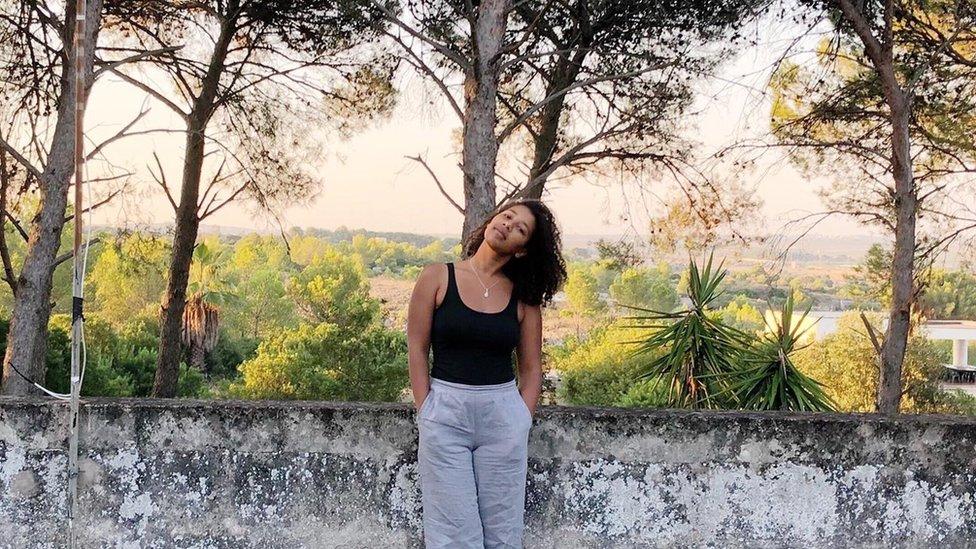
Florine Hofmann
Think about your journey: "We're so fortunate here in Europe - I usually try to take the train whenever I can. I'm conscious of trying to fly as little as possible."
Pack sustainably: "I recently bought a second-hand suitcase because it was already something that was made, and it was cheaper. I try to pack as minimally as possible - for instance my toiletries I try to reduce to soap and a shampoo bar, stainless steel razor and toothbrush. I don't want that much plastic trash in another country. I try to leave as little behind as possible."
Plan where you eat: "I usually do some research beforehand. I'm a massive foodie, so it's very important in my everyday life. But also because I want to support restaurants for instance that do think about their waste or whether they compost or not."
Local knowledge is best: "I love renting a bike in a new city and just exploring new areas. You find the best spots through talking to people and getting all the hidden gems."
An earlier version of this article was published in 2019.


Follow Newsbeat on Instagram, external, Facebook, external, Twitter, external and YouTube, external.
Listen to Newsbeat live at 12:45 and 17:45 weekdays - or listen back here.
- Published9 August 2021
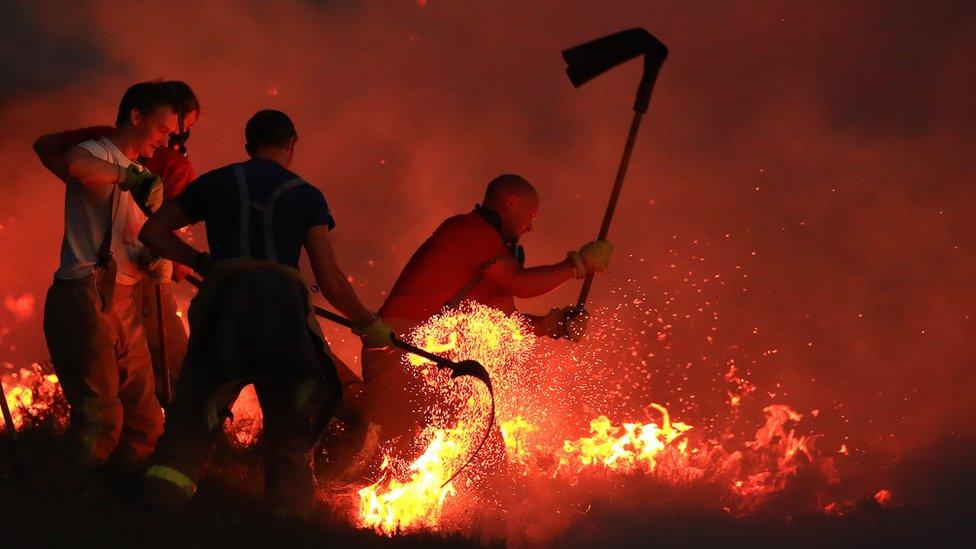
- Published27 January 2021
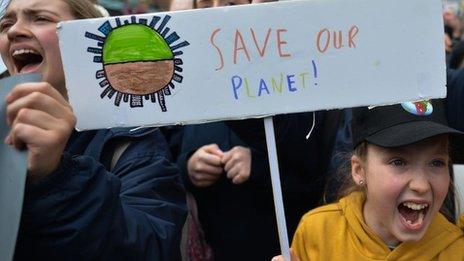
- Published26 August 2020
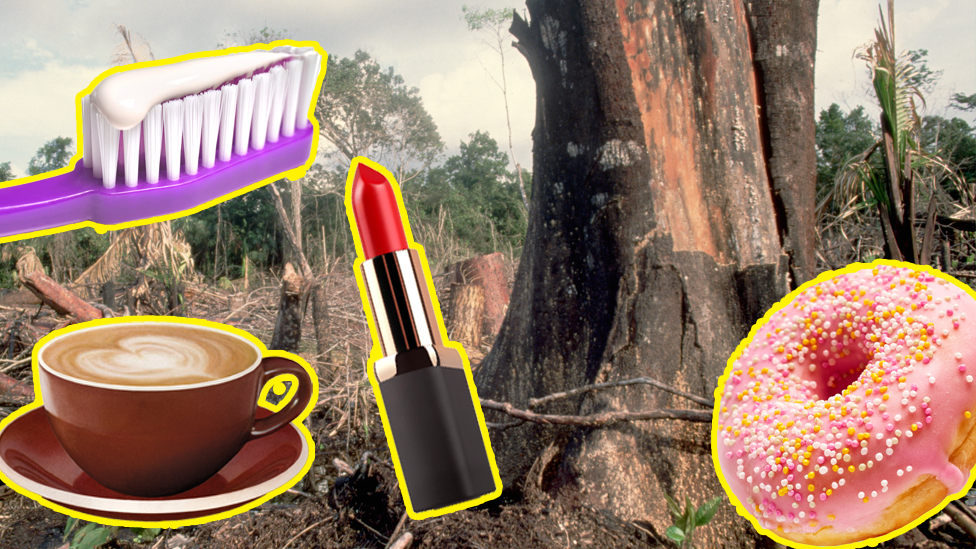
- Published19 February 2020
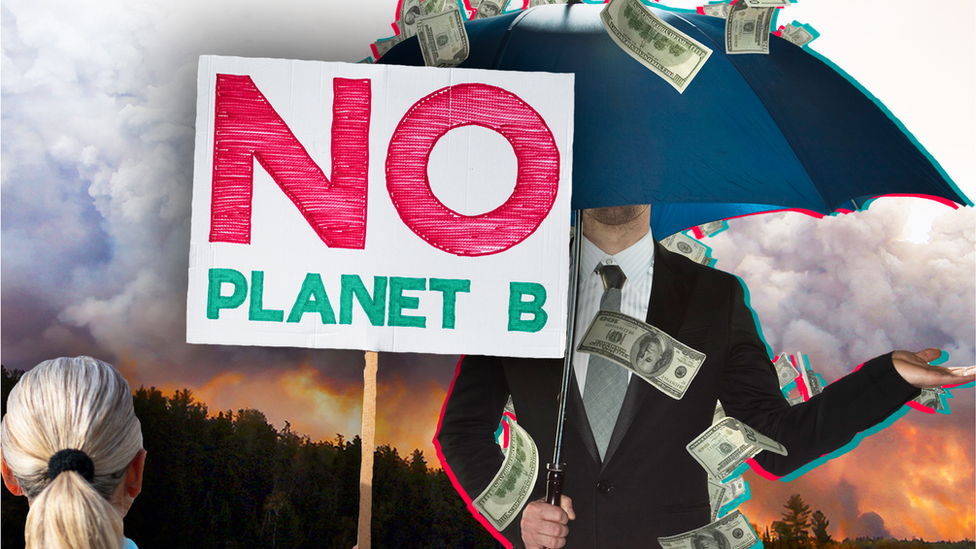
- Published19 April 2019
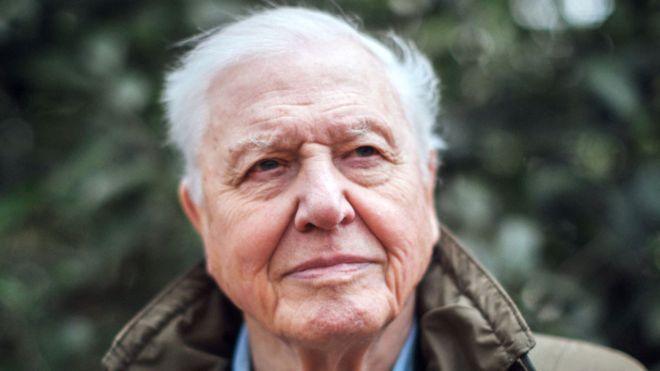
- Published19 April 2019
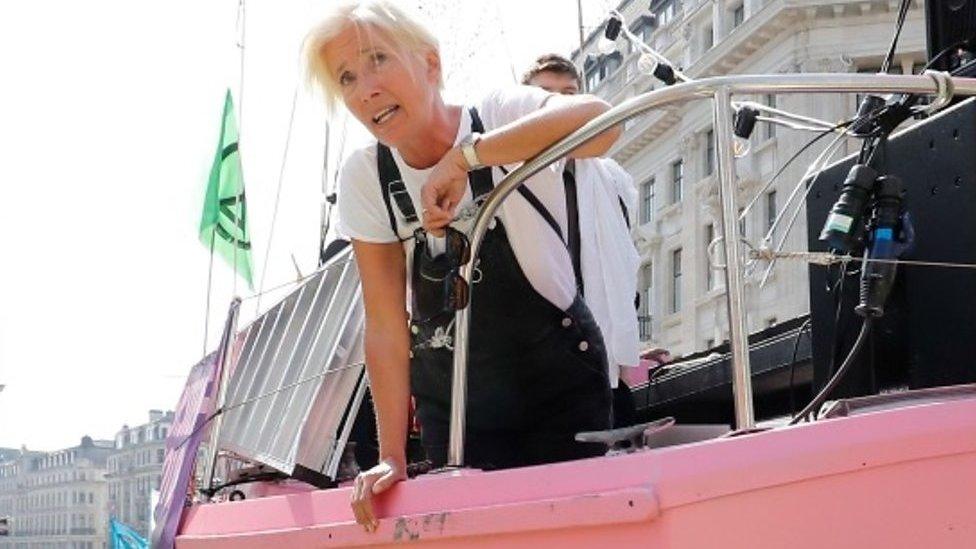
- Published18 April 2019
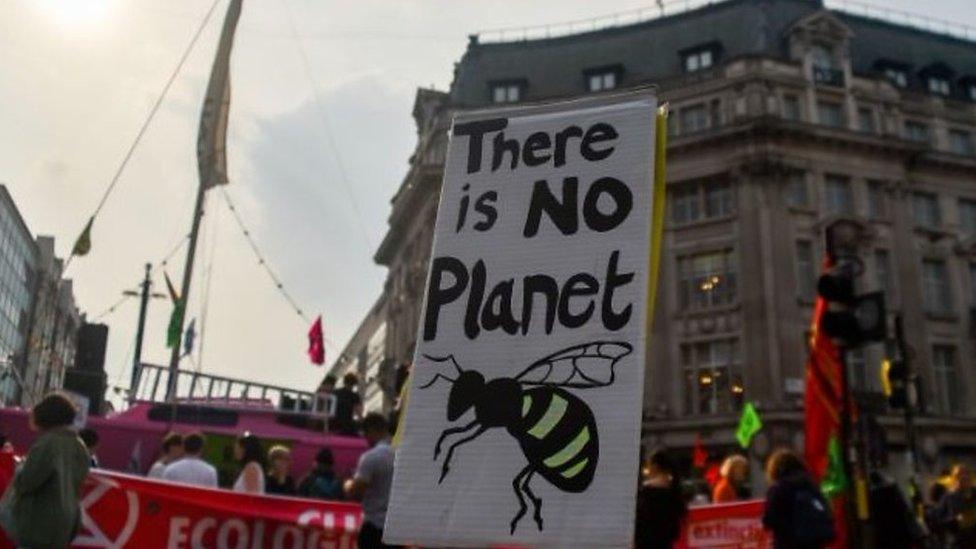
- Published17 April 2019

- Published2 April 2019
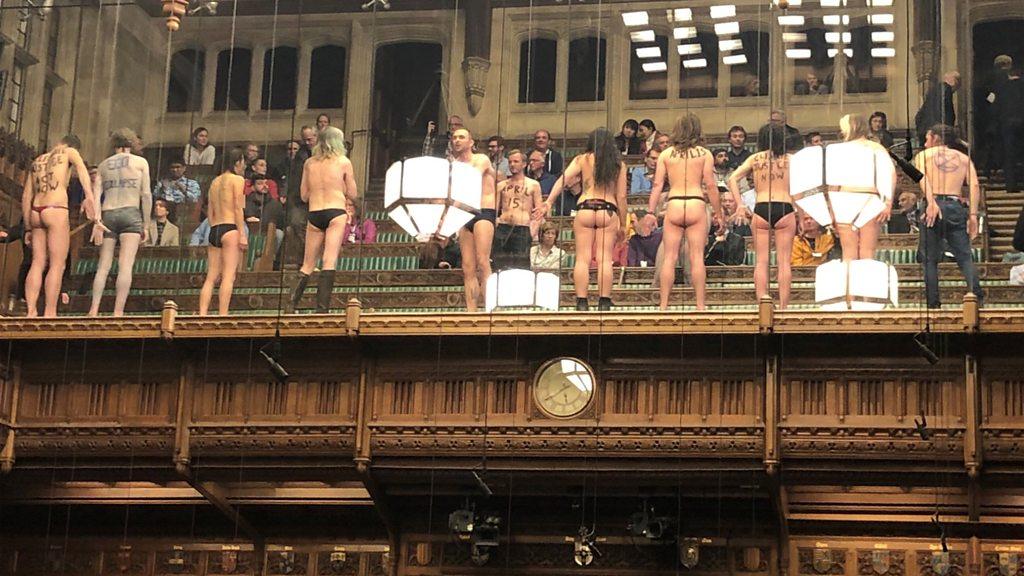
- Published15 February 2019
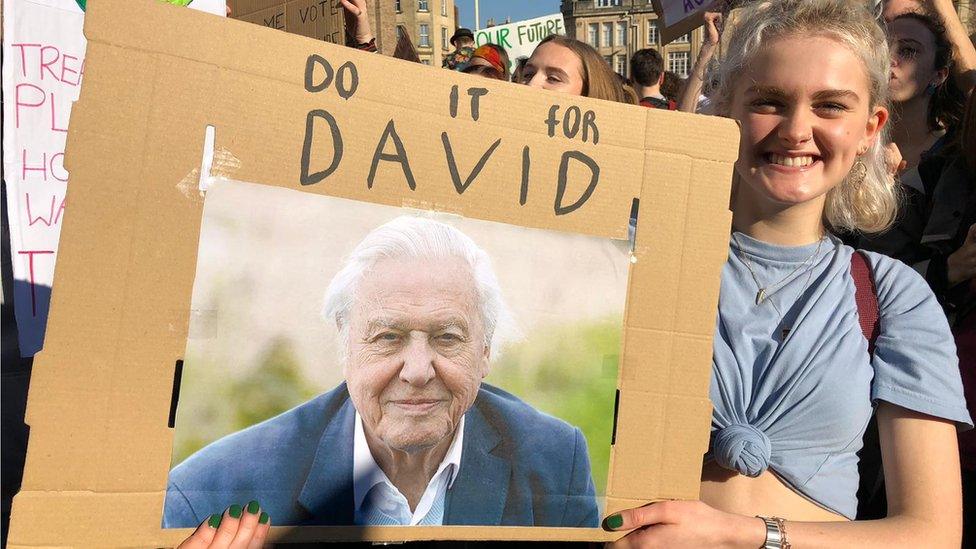
- Published15 February 2019
